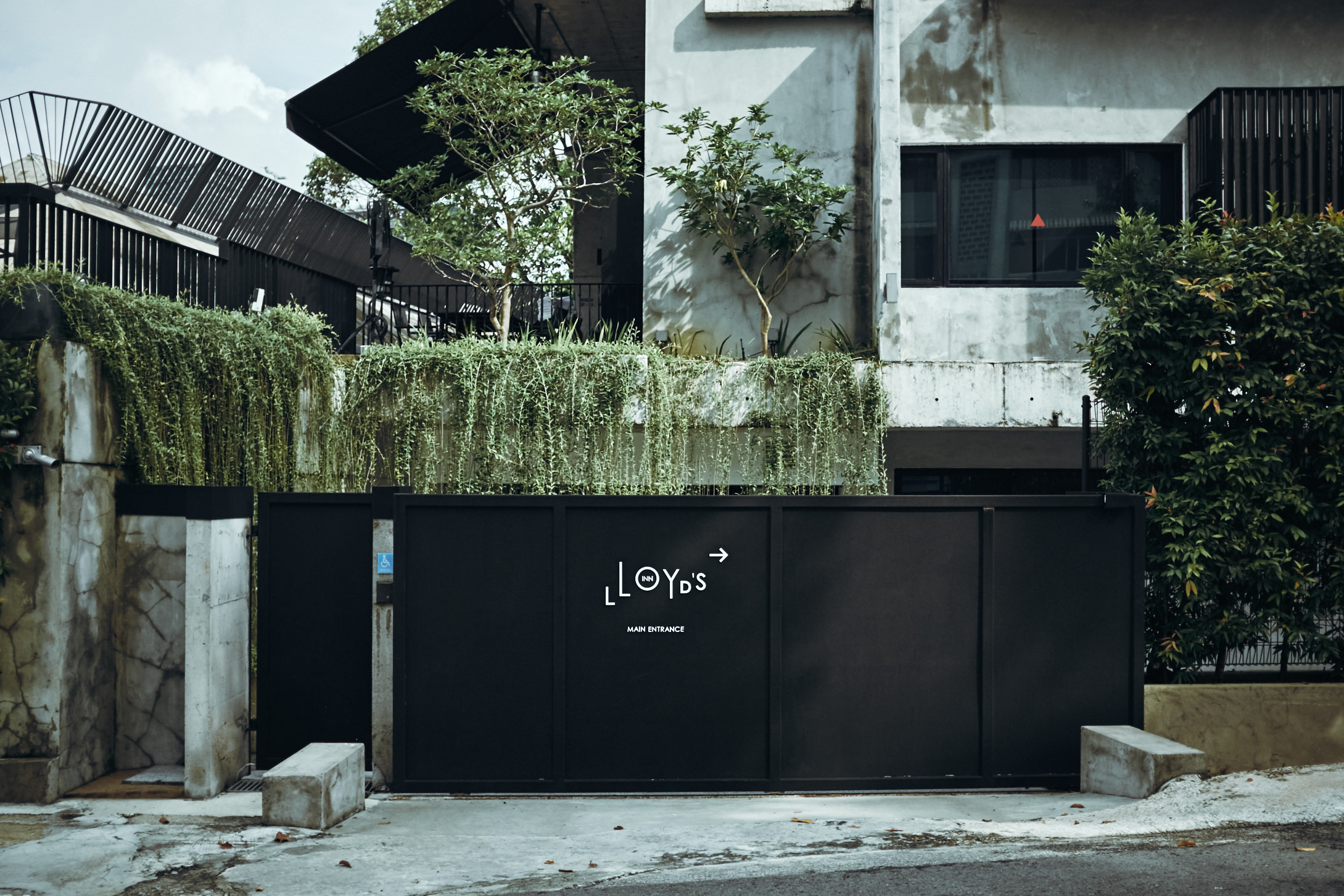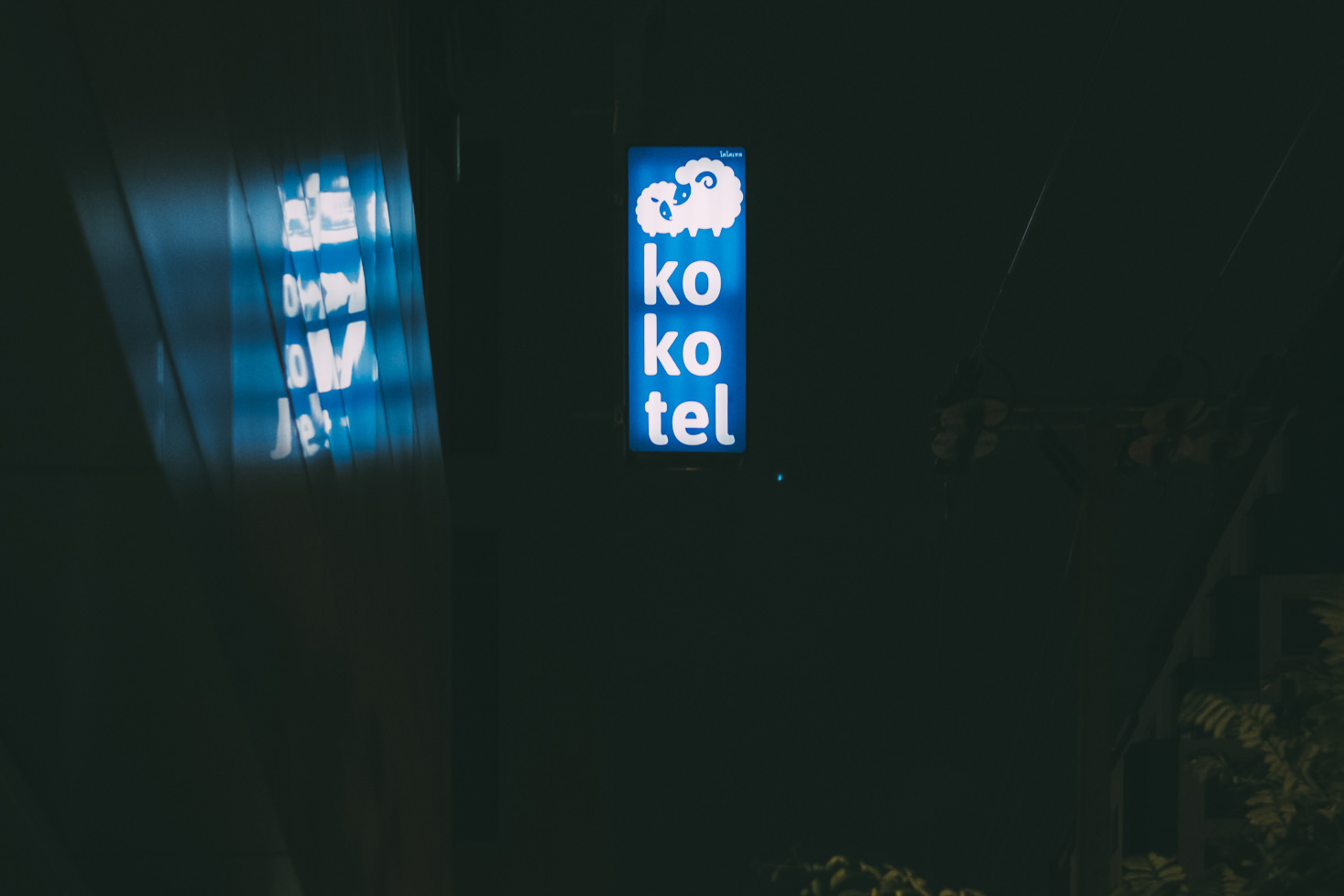The strong coffee aroma permeates the train stations of Taiwan. Commuters–mostly businesspeople clad in black and white–exit convenience stores like Hi-Life, Family Mart or 7-Eleven with takeaway coffee cups.
Over in Japan, it is politeness that pervades the land of the rising sun. The Japanese are cultured and civilised, well-mannered, and sometimes overly apologetic. These qualities are infectious. Two months ago I was trekking on Nakasendō, the Central Mountain Route from Tsumago to Magome. Every other group of hikers that I met said either ohayou gozaimasu, kon’nichiwa, or konbanwa (good morning, good afternoon or good evening). It was not long before I reciprocated the greetings.
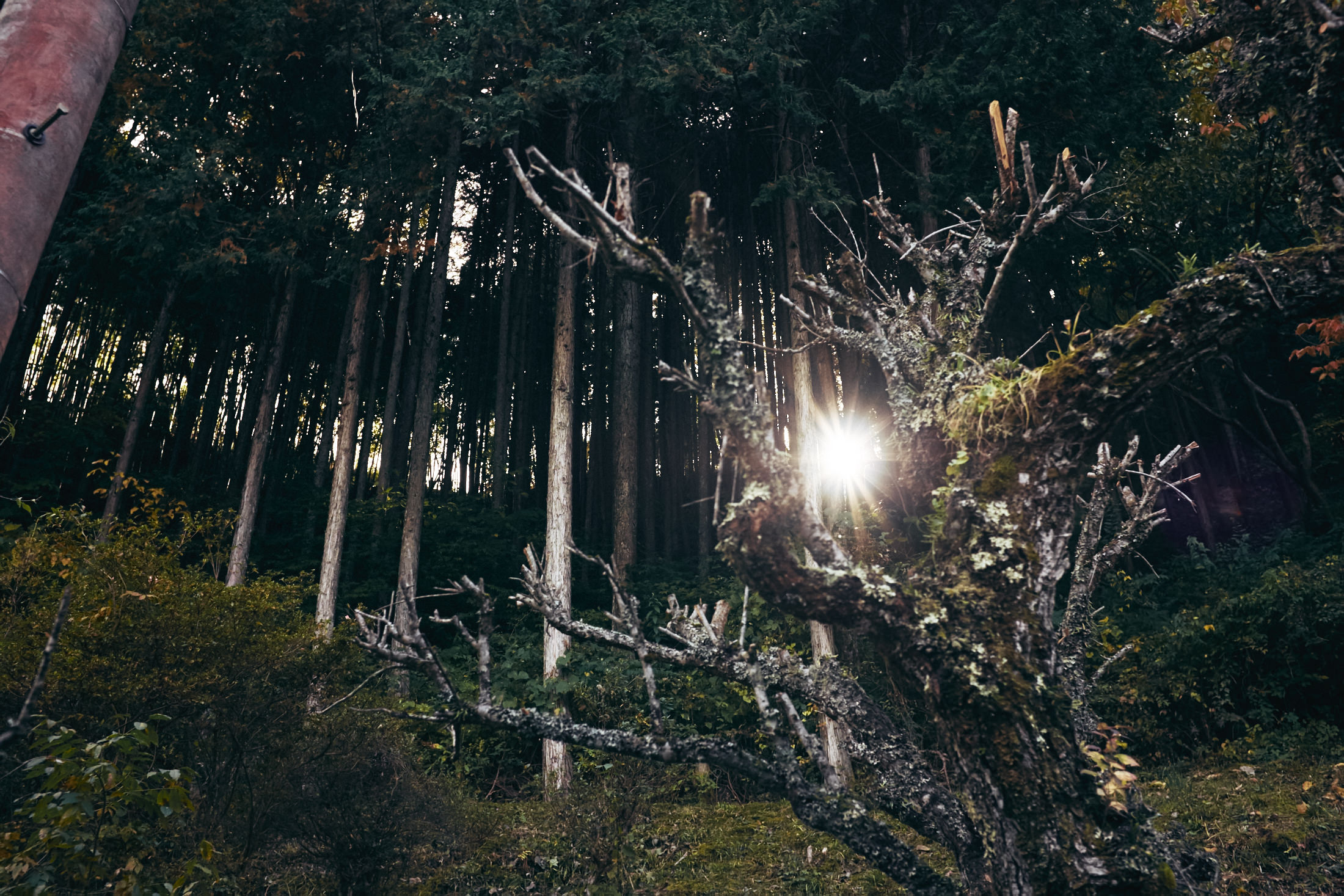
My fondest childhood travel memory is playing toy cars with my cousins on the carpeted corridor outside my hotel room. I was 6 when I first flew overseas for Bangkok, Thailand. My memories are fragmented: I could not breathe in this crowded, dimly-lit cave. Artificial snow fell under the purple and blue lights. Dazzling. Next, I was in my hotel room with a view of the capital. I wanted to take a photo of the view so that I could show my friends from kindergarten.
Back then, the resources available for planning were limited to books and television. Though word-of-mouth helped, there was only one alternative avenue if you wanted to travel. Travel agencies with their unconditionally-marvellous itineraries filled with hidden surcharges. Apart from the exorbitant package pricing, you still had to tip various guides along the way. Sometimes they brought you to these souvenir stores or attractions which in essence are tourist traps. Travel agencies drew commission from such places–utterly unscrupulous and ridiculous.
The next time that I travelled would be 15 years later–a short weekend getaway to Batam, Indonesia before my enlistment. It was the first time that I researched and planned for an itinerary. But Batam itself was a letdown. Meals came in small portions and the seafood dinner costs as much as Singapore.
These days, the amount of lifestyle & travel magazines and television programmes or documentaries available is copious. Amateur or veteran photographers, videographers or writers have published their adventures on their websites. The advent of social media allowed them to disseminate such information efficiently.
What comes to mind when I mention Taiwan? Their night markets, their fried chicken cutlets and perhaps bubble tea or Taiwan beer? What about Japan? Sushi and sashimi? Mount Fuji? Snow and onsens? You know because you have either been there before or you probably have read about it online.
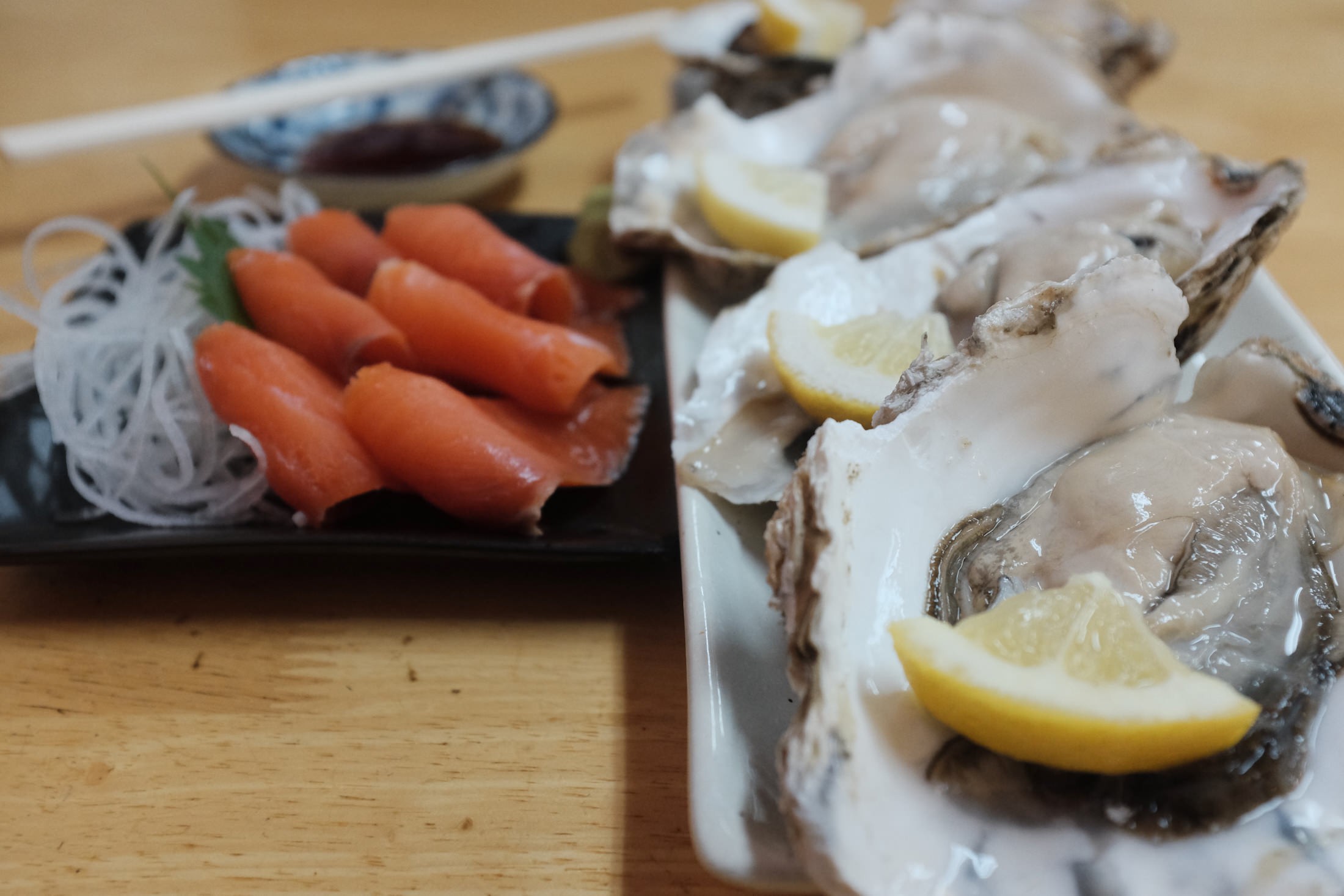
There is, however, a staggering volume of duplicated or repeated content out there. A large portion of them is represented through millions of obnoxious lists online. Search for Eiffel Tower on Instagram for an endless supply of identical photos. Filters are the only way to tell them apart.
Here comes a conundrum: why travel when nature and architecture are both analogous? Once you have seen one mountain, you have seen them all.
Winds from afar jostle the resting ocean. Waves wake from repose, much akin to the stirring of souls. The gentle ones flood and ebb and slowly find their way to the coast. They foam up ashore to quench a black carpet of sand. On the other hand, the unsettled waves hasten and force their way through only to collide with huge rocks. Their calm blue veneer explodes into a cloud of white bedlam. Even so, the seagulls perched atop the rocks remain unperturbed. There is an equilibrium of order and mayhem out at sea, just like there is a balance of ups and downs in life.
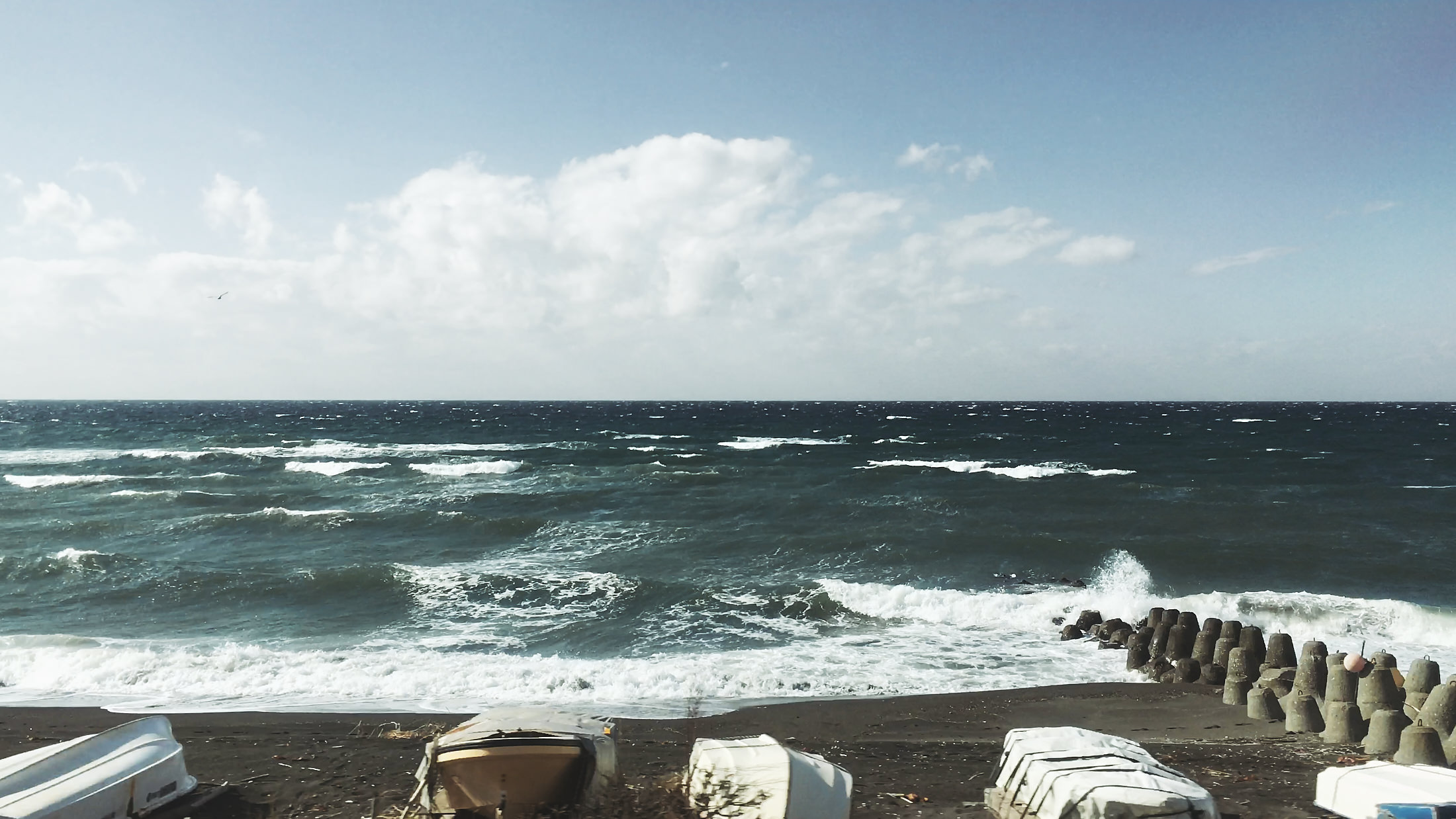
The railway train rumbled and vibrated as it entered the tunnel. The daylight trailed into nothingness. How I wish I could just stop this train and get off… Life goes on.
The sights are familiar regardless of which country I visit. All buildings have doors and windows. No matter how clear or muddy, water is water. Rough or weathered, rocks are rocks. And one day I will have witnessed all four seasons. So why will I continue travelling?
Society, culture, and behaviour. They vary from one locale to another. Iceland may be peaceful (quiet), but India is on the chaotic end of the spectrum. Haggle for bargains in Thailand, tip in Argentina, but avoid it altogether in Denmark. In Bhutan, its populace think of death every day–their way of staying happy.
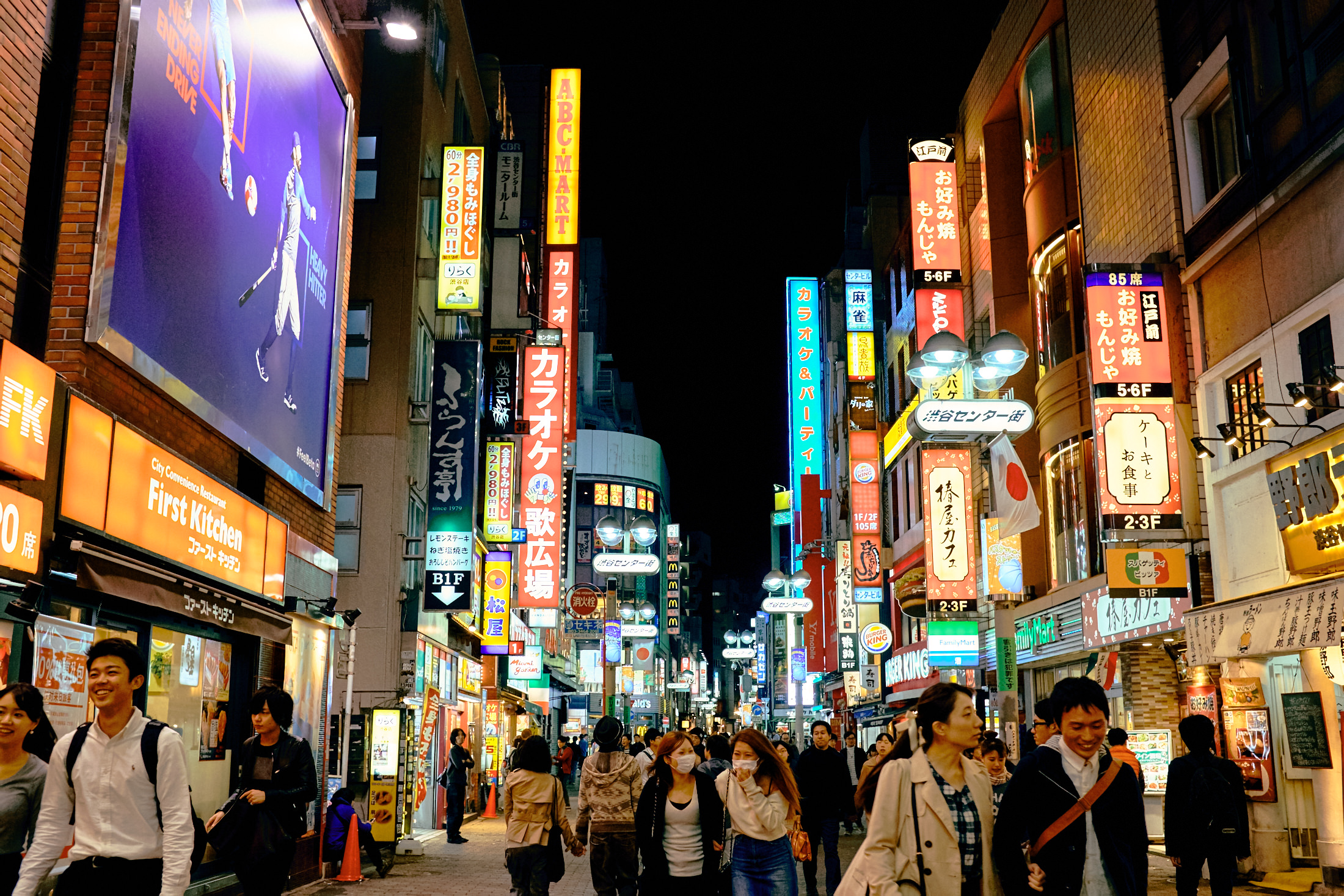
It is perfectly acceptable to visit a country for what its tourism board promotes. Though for the most part, I would rather experience the native’s way-of-life. Tourism contributes to a country’s economy but in some places, it has impacted its society negatively. Local cultures lose their authenticity when they are turned into commodities.
“[T]he keechak dance, part of a traditional religious ritual, performed originally only on special occassions in Bali’s Agama Hindu culture, has been shortened, taken out of its religious context and performed on a daily basis, to paying tourist groups… there is danger that the local performers may, over time, forget the true meaning and significance of the practice or event now staged mainly for tourists. Likewise, traditional objects that are reproduced and marketed as tourist souvenirs may lose their meaning and value.”
— Mason, Peter. Tourism Impacts, Planning and Management.
I want to witness or be a part of these eroding cultures before it is too late. Books and blogs will not tell you about all the little trivialities–like how most of Japan actually keep left while walking to facilitate the flow of human traffic. They will not tell you how Japanese kids are independent from young, and how college students keep their laughter hush when they are supposed to laugh out loud. There is only so much to read and see; there is too much to experience.
Earlier in April, I was hiking on Bitou Cape in Taiwan. The paved footpath was wet from irregular downpours but the skies cleared for a few hours, barely enough for me to finish the 6km trail. The conditions could have been different. I could have been there on a different time or day, or the weather could be so bad that I would not even have travelled there in the first place.
I came across a married Taiwanese couple in their mid-fifties who started hiking from the other end of the trail. The wife asked if I was from the mainland. I told her I was from Singapore and a hearty chat ensued. She mentioned that her daughter works in Singapore and offered to give me one of her two umbrellas. I had left mine outside one of Taiwan’s convenience stores. I declined politely but wound up accepting it with gratitude (it rained heavily as I reached the end of the trail).
Two groups of people separated by land and sea 4 hours apart were able communicate and connect through unadulterated human interaction. I was thoroughly humbled by the complete stranger’s company and hospitality. They had also exposed their inherent but unapparent feeling of hatred towards the Mainlanders.
Any experience, whether good or bad is still an experience to remember. When the bad comes, the going gets tough and the learning heightens.
Travelling helps me grow. It broadens my perspective and shows me how different parts of the world are idiosyncratic yet homogeneous. Culture is what gives an inanimate place its life and encounters make travelling so much more riveting.
Further Reading
